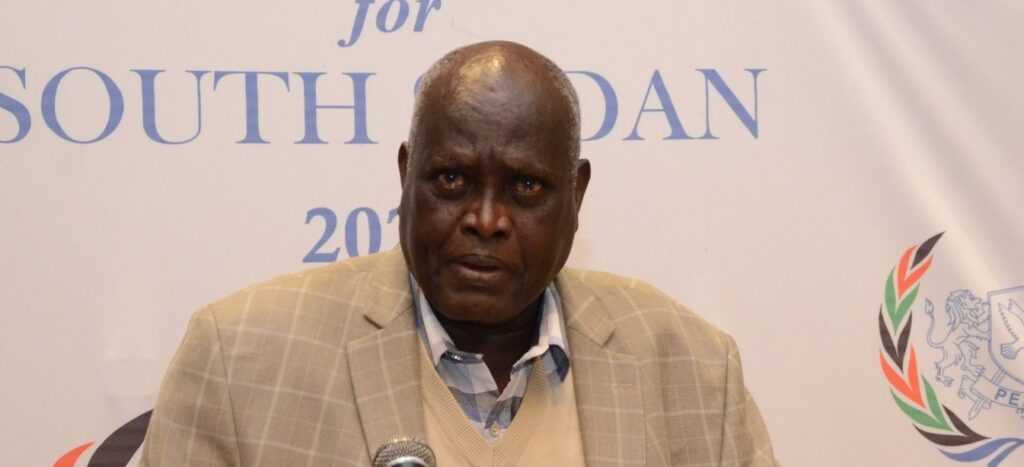The mediation team overseeing the Tumaini (Hope) Initiative talks for South Sudan in Nairobi, Kenya, adjourned negotiations on Sunday to allow the government delegation to return to Juba for preparations ahead of the launch of the two-year extended transitional period, scheduled to begin on February 22, 2025.
In September 2024, parties to the 2018 peace agreement postponed the general elections, originally set for December 2024, to December 2026, citing a lack of progress on key tasks necessary for ensuring free and fair elections.
On Thursday, government rapporteur Dr. Martin Elia Lomuro informed journalists that discussions with the opposition on the root causes of South Sudan’s conflict had concluded, resulting in the formation of a joint committee tasked with further refining the identified causes.
Lomuro added that the government delegation had requested the mediation team to adjourn the talks to allow the government team to return to Juba and prepare for the upcoming two-year transitional period.
In a communiqué issued on Sunday and seen by Radio Tamazuj, the High-Level Mediation for South Sudan (Tumaini Initiative) announced the adjournment, emphasizing three priority areas critical to ending the country’s prolonged transition and ushering in a new political era. These areas include: unification of forces and security sector reforms, the permanent constitution-making process, and the holding of free, fair, credible, and transparent elections.
The mediation did not specify how long the talks would be adjourned.
Following the adjournment, Mr. Edmund Yakani, Executive Director of the Community Empowerment for Progress Organization (CEPO), told Radio Tamazuj that the success of the Tumaini Initiative depends entirely on shifts in political attitudes among the negotiating parties.
Yakani argued that the political dynamics of the parties are largely shaped by historical grievances and a lack of political will to achieve meaningful transitional progress in the best interests of the citizens.
“The underlying factors contributing to delays in reaching political consensus are primarily related to the relationship between the Revitalized Peace Agreement and Tumaini consensus documents,” he said.
Yakani further explained that it is clear both negotiating parties remain far from reaching consensus on the outstanding issues crucial to concluding the Tumaini Initiative mediation.
“The only viable option for driving consensus and finalizing the Tumaini Peace Talks is to merge the R-ARCSS [Revitalized Agreement] and Tumaini consensus into an R-ARCSS-Tumaini agreement on the transitional process in South Sudan. This merger strategy will focus on strengthening the pending tasks of the R-ARCSS with the provisions of the Tumaini Initiative,” Yakani explained.
He emphasized the importance of lobbying at the upcoming African Union (AU) summit to support the call for an urgent conclusion to the Tumaini Initiative.
The Kenya-led talks, aimed at forging sustainable peace in South Sudan, have been ongoing in Nairobi since January 20, 2025. Seen as a critical step toward resolving the country’s political and security crises, the talks offer renewed hope for lasting peace.
These discussions, which began in May 2024, involve the Revitalized Transitional Government of National Unity (RTGONU), the opposition United People’s Alliance (UPA)—formerly known as the South Sudan Opposition Movement Alliance (SSOMA)—and other opposition groups.
The newly formed UPA is led by R-SPLM leader Pagan Amum, with his deputies, Gen. Paul Malong and Gen. Mario Laku, and Lual Dau as Secretary General.




